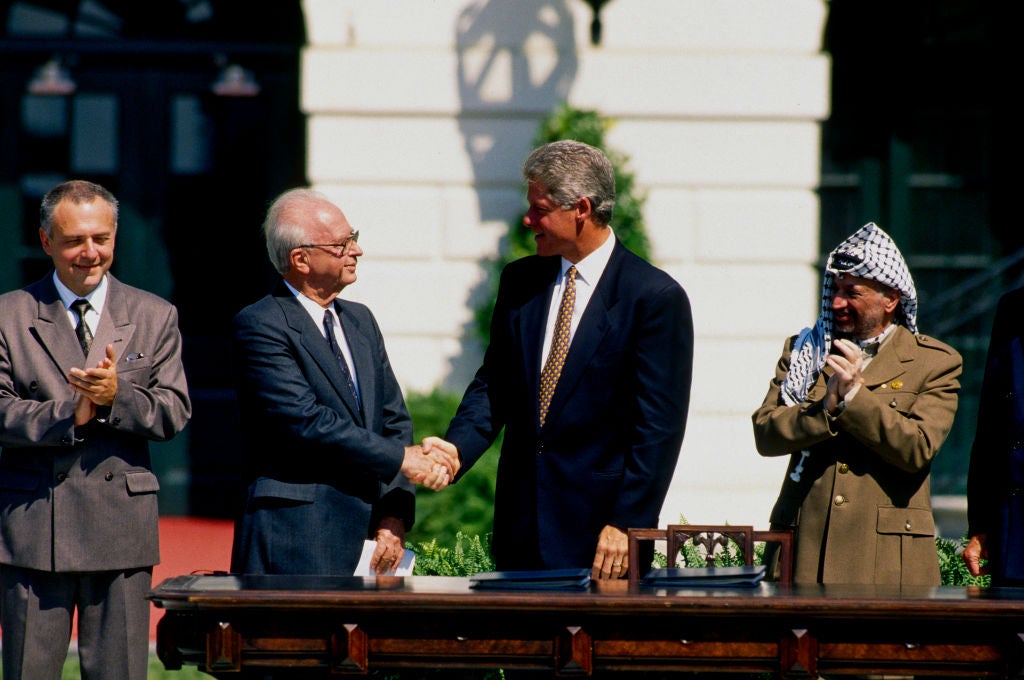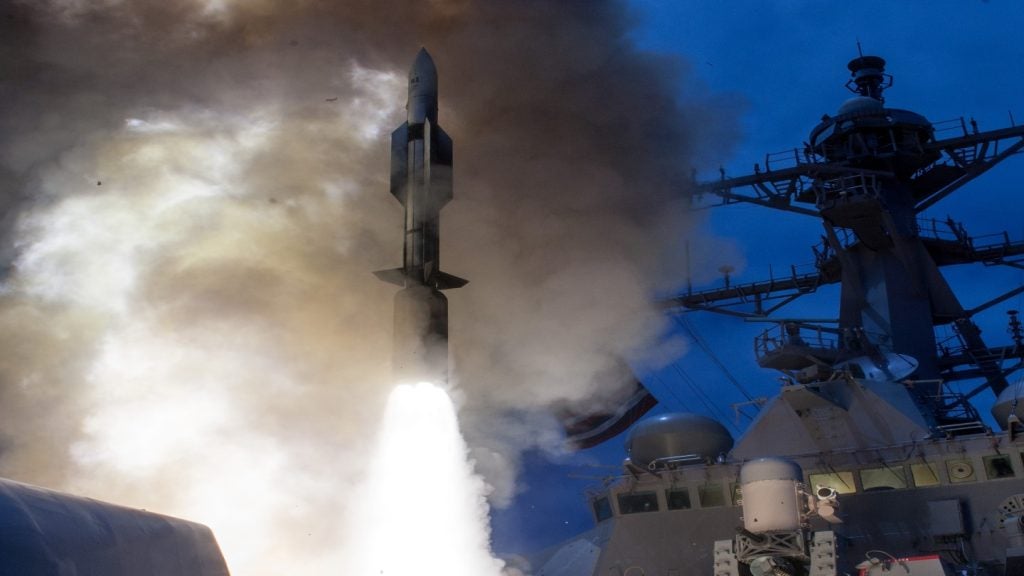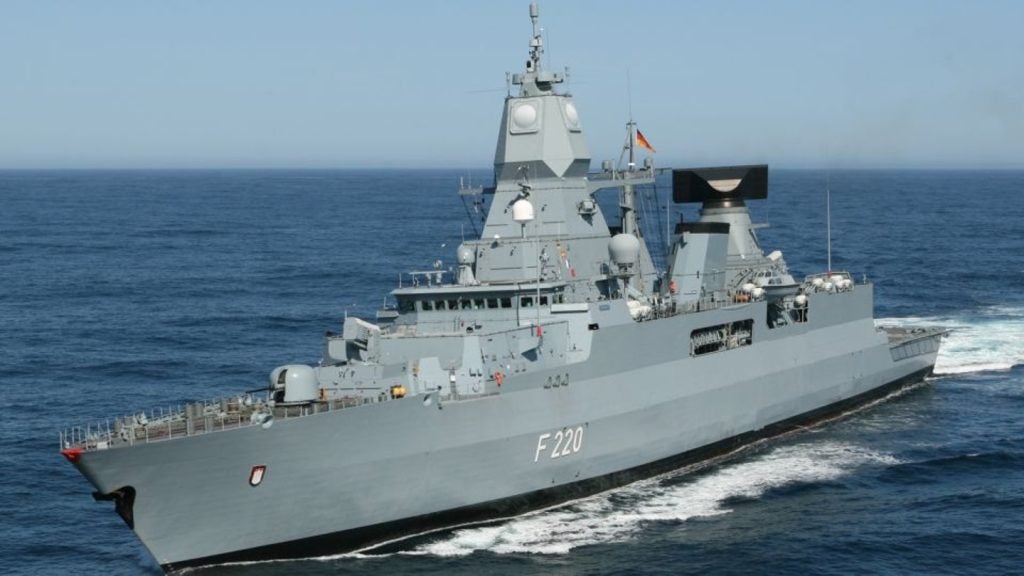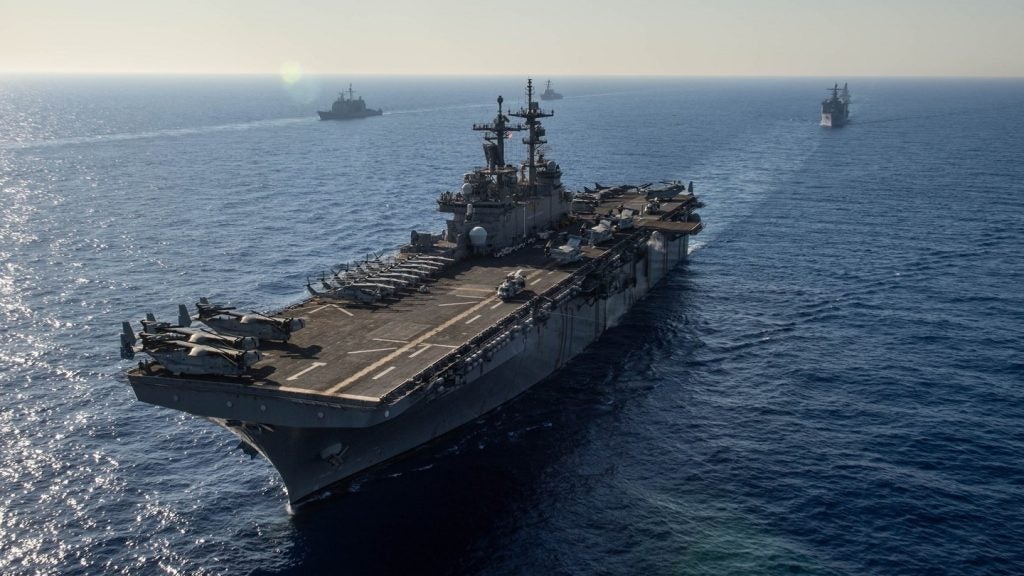
In a joint statement from the Norwegian Ministry of Defence and Ministry of Foreign Affairs on 5 January 2024 that stated Norway was “in contact with the Houthis”, Norway’s Foreign Minister Espen Barth Eide set out the reasoning behind the country’s absence from a US-led statement that rebuked Houthis for the recent spate of naval attacks committed in the Red Sea.
The statement from Norway emphasised the seriousness of the situation in the Red Sea to the freedom of navigation at sea, and highlighted Norway’s interest in operating one of the largest merchant fleets in the world. It specifically identified the events of the recent weeks as the first time ballistic anti-ship missiles have been fired by Houthis at civilian vessels.
“It is important to avoid a regional escalation of the war in Gaza. We have a wide network of contacts in the region and use this network and diplomatic channels in the region to prevent further spread of the conflict. Hence, it was not within our inclination to support the statement released by the US authorities regarding the situation in the Red Sea on 3 January.”
Norwegian Foreign Minister Espen Barth Eide
“Ensuring freedom of navigation at sea is of great strategic importance for the global economy and for Norway. Within the framework of Operation Prosperity Guardian (OPG) and Combined Maritime Forces (CMF), Norway contributes up to ten staff officers to the international effort to secure civilian shipping in the Red Sea”, said Minister of Defense Bjørn Arild Gram.
However, Norway has a long history as an impartial third party in settling conflicts between other nations, and through an act of the Norwegian Parliament, the Norwegian Arbitration Act, Norway is required to be a neutral negotiator in international disputes on par with UN standards.
While maintaining continuous contact with the Norwegian Shipowners’ Association and other relevant actors, Norway is also in contact with the Houthis to help reduce the level of conflict.
How well do you really know your competitors?
Access the most comprehensive Company Profiles on the market, powered by GlobalData. Save hours of research. Gain competitive edge.

Thank you!
Your download email will arrive shortly
Not ready to buy yet? Download a free sample
We are confident about the unique quality of our Company Profiles. However, we want you to make the most beneficial decision for your business, so we offer a free sample that you can download by submitting the below form
By GlobalData“It is important to avoid a regional escalation of the war in Gaza,” said Eide. “We have a wide network of contacts in the region and use this network and diplomatic channels in the region to prevent further spread of the conflict. Hence, it was not within our inclination to support the statement released by the US authorities regarding the situation in the Red Sea on 3 January.”
The 3 January statement from the US was issued in collaboration with the Governments of Australia, Bahrain, Belgium, Canada, Denmark, Germany, Italy, Japan, Netherlands, New Zealand, Republic of Korea, Singapore, and the United Kingdom, and stressed the significance of the escalation in attacks. ‘The Houthis will bear the responsibility of the consequences should they continue to threaten lives, the global economy, and free flow of commerce in the region’s critical waterways,’ read the statement.
Norway in contact with Houthis
Wilson Jones, defence analyst at GlobalData, views the statement from Norway as a sign the country is committed to doing everything it can to deescalate the conflict with the Houthis and safeguard international trade.
“While part of that is the military response, another important part is to have diplomatic relations with Houthi leadership,” said Jones. “Negotiating with terrorists may be controversial, but Norway has a long history of communicating with proscribed groups such as the Palestine Liberation Organisation (PLO) and Kurdistan Workers Party (PKK). Norway’s role is as a diplomatic conduit for other Western actors who do not want to publicly speak to certain groups.”
Norway have a pedigree in in granting political asylum to groups that are officially designated as terrorists in other parts of the world, allowing the PLO to set up offices in Oslo as early as the 1980s, well in advance of the group’s international recognition, and today allowing the PKK to operate in Norway, drawing the ire of Turkey. As a peaceful Nordic country with an advanced economy, Norway is seen as a holding an optimal position for international arbitration, as seen in the 1993 Oslo accords mediated by Norway, a pair of agreements between Israel and the PLO that marked the start of the Oslo peace process.






